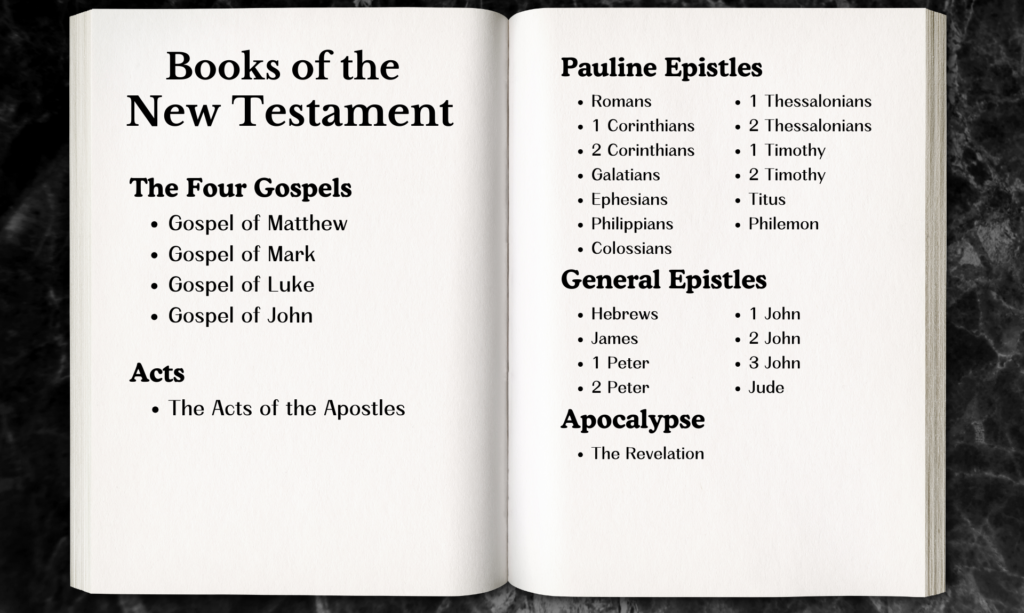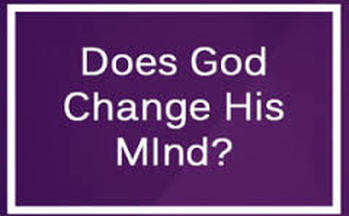Bible Proves True About Human Age Limit

While there have at times been unconfirmed reports of people living longer, the facts confirm that human lifespan is limited to no more than about 120 years. About 50 years ago, for example, there was a man living in Florida, USA, named Charlie Smith, who claimed to be 130 years old. However, before the flood of Noah’s day, about 4400-5500 years ago, God announced his decision that eventually the human age limit would be about 120 years.
“Yahweh said, ‘My spirit cannot be indefinitely responsible for human beings who are only flesh; let the time allowed for each be a hundred and twenty years.'”—Genesis 6:3 NJB








